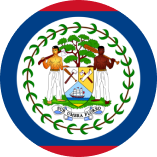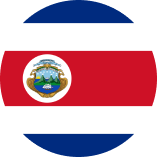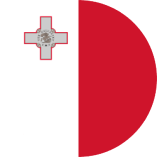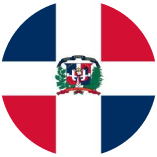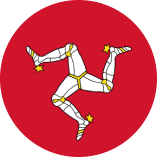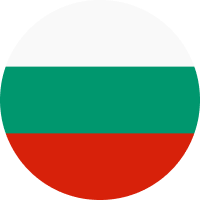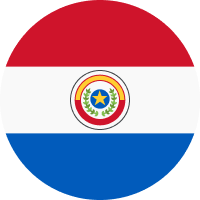
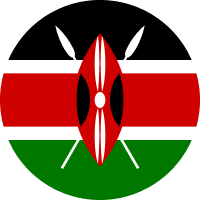
Gaming in Kenya: Ways to Get a Licenсe and Launch a Startup
Casino Market experts talk about the leading entertainment industry on the African continent. You will learn how to quickly obtain permission and open a profitable online website.
How the iGaming Sector Works in the Country
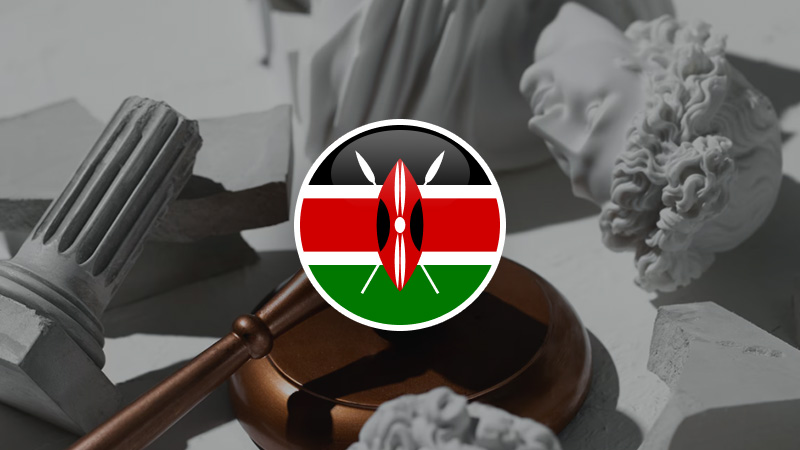
In Kenya, all types of betting solutions are permitted, including both virtual and offline options. Entrepreneurs can launch a digital casino or a land-based location and accept bids on sporting events, having first acquired a licence for each type of activity.
Lotteries and contests with prize draws are also among the certified formats. Such entertainment is extremely popular among the population and is an integral part of the local culture.
By the end of 2024, the gambling industry's capitalisation was $1.6 billion. The compound annual growth rate (CAGR) was recorded at 7.5%, with the online segment accounting for 60% of revenue. According to PwC:
- the Kenyan iGaming sector consistently ranks in the top 3 African markets in regard to volume and pace of development;
- the country is home to 11 million active online users who place bets or play casino slots;
- 80% of traffic and turnover comes from mobile devices thanks to the use of smartphones and M-Pesa wallets;
- the majority of bids are made on sports, cyber competitions, and lotteries.
Legal Framework
Until recently, the main document was the Betting, Lotteries, and Gaming Act (Cap. 131) of 1966, but with the development of online formats, it has become outdated.
In August 2025, the president signed the revised Gambling Control Bill (2023), which changes the rules of the entertainment market. The document expands the list of licensed activities and increases the liability of operators.
Key objectives of the law:
- create a unified regulation system in the country;
- allow various forms of betting;
- protect society against the negative effects of gaming;
- ensure transparency, honesty, and fairness in the work of casino owners.
The resolution names a new regulator — the Gambling Regulatory Authority of Kenya. The GRA has corporate status: it can have property, conduct legal proceedings, conclude contracts, as well as fully manage the issuance, renewal, and revocation of licences.
Legally Regulated Types of Entertainment
With the entry into force of the law, governance has expanded significantly. Certification requirements now apply to almost the entire sector that involves cash bets and an element of risk.
The main activities regulated by the GRA are:
Casinos and Gaming Halls
In such establishments, it is allowed to place tables for roulette, blackjack, baccarat, and poker, as well as slot machines with a certified random number generator (RNG).
Each offline enterprise is required to:
- obtain separate permits for its premises and equipment;
- comply with established security, video surveillance, and access control requirements;
- be located at a sufficient distance from schools, religious facilities, and medical institutions.
Lotteries and Contests with Prizes
The law distinguishes 3 types of raffles:
- Public sweepstakes — held by large brands or state organisations.
- Private lotteries — permitted as part of charity or club events.
- Prize competitions — include prize draws, online contests with paid participation, and quizzes with a monetary fund.
Organisers must obtain permission in advance, approve the rules, and submit a plan for distributing finances between incentives and charitable purposes.
Bets and Sweepstakes
This is one of the most dynamic market segments that covers:
- Sportsbook options. Users can place bids on team and individual disciplines, as well as cyber competitions.
- Pool betting. Here, winnings are divided among participants.
- Off-course betting. It includes the acceptance of deposits outside of sports arenas (for example, through offices or land-based locations).
The regulator requires mandatory registration of all wagers, prohibition of minors’ participation, and transparent financial reporting.
iGaming Vertical
The certificate’s scope covers:
- desktop versions of websites, mobile applications, and SMS platforms;
- aggregators and affiliate networks;
- vendors of program components.
Entrepreneurs are required to implement confidential data protection systems, self-restraint tools, and responsible gambling practices. All servers storing information on clients must be located in Kenya.
Equipment and Software Production
The legislative norm applies not only to operators but also to those who create the infrastructure:
- developers of slot machines, terminals, and lottery wheels;
- providers supplying program components and IT solutions for offline and online casinos;
- service companies involved in the installation, repair, and certification of equipment.
Each enterprise must have a separate certificate for production, import, or technical maintenance.
How to Obtain iGaming Permits
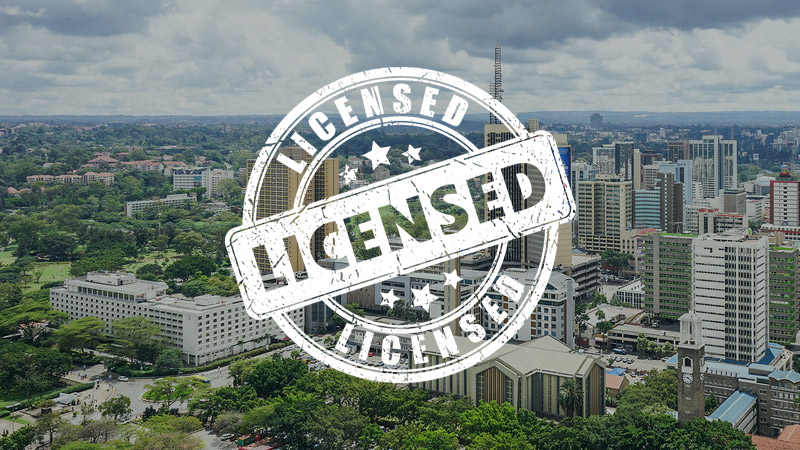
The Casino Market studio has prepared a step-by-step guide to acquiring licences for implementing entertainment projects in 2025.
Brand Building
The first and mandatory requirement for receiving a document is the registration of a legal entity. Even international providers must open a branch or subsidiary in the country.
According to the law, at least 30% of the company's shares must be owned by Kenyan citizens.
It is also necessary to open an account at a local bank. All transactions related to licensed activities are carried out exclusively through the same financial institution.
Preparation of Documents
Entrepreneurs must collect and submit:
- articles of incorporation, as well as the list of directors and beneficiaries;
- business plan indicating sources of funding;
- technical description of the online platform (website, app, servers, payment systems);
- confirmation of sufficient capital or a bank guarantee;
- information on a physical office or support service in Kenya.
The Commission pays particular attention to the technical aspects of entertainment projects. These are modules for data security, protection against underage betting, self-restraint options for players, and other responsible gaming tools.
Application Filing
After consideration of the documents, operators receive preliminary approval and then a licence.
The process involves the following mandatory payments:
- application fee — a payment for the registration;
- grant fee — a contribution for obtaining a permit;
- security deposit — it is a financial assurance in the event of violations.
In 2025, the regulator increased the security deposit from $650,000 to $1.3 million. This decision aims to make sure that only stable companies with large initial investments enter the market.
The security deposit can be provided in the form of a bank guarantee, insurance policy, or deposit. The application must specify the volume of monetary injections, capital structure, and risk management strategy.
The document is the basis of a company's financial stability, but the regulator may also examine other indicators. These include projected revenue and expenses, profitability, labour/social security costs, and other business metrics.
Technical Audit
Before making the final decision to issue a licence, the GRA carries out an inspection of the entertainment portal.
Special attention is paid to the following matters:
- the functioning of the payment system and personal data protection;
- the possibility to track every bet and transaction in real time;
- the availability of tools aimed at preventing fraud and protecting players;
- the physical location of servers.
The GRA cooperates with the Central Bank of Kenya and requires all payments to be processed through licensed financial institutions and M-Pesa. This ensures transparency of transactions and allows tracking of funds at any time.
Acquisition of a Permit
Upon approval, the authority issues it with a unique registration number. The document is granted for 3 years, but can be renewed.
Providers are required to display the certificate’s number on their websites and in all advertising materials.
Furthermore, entrepreneurs must perform the following tasks:
- regularly submit activity reports (financial, tax, and operational);
- comply with betting limits, KYC, and AML regulations.
Fiscal Burden on Business
After obtaining a permit, online casinos become Kenyan taxpayers.
The following financial obligations are applied to licensees:
- Gaming Tax. A levy on casino revenues. The rate varies from 15% to 20% of GGR depending on the work format. It extends to all profits related to bets and winnings.
- Withholding Tax. Entrepreneurs collect and transfer it to the state on behalf of clients. The rate is 10–20%.
- Corporate Income Tax. It is calculated from the net revenue after deducting expenses approved by the Kenya Revenue Authority (KRA). For iGaming companies, the standard amount is 30%.
The GRA requires casino owners to:
- maintain accounting of all transactions (deposits, payouts, bonuses, income, and expenditures);
- pass an annual independent audit;
- send reports to the GRA and the Kenya Revenue Authority (KRA);
- retain all financial documents and gaming logs for at least 5 years.
The regulator may also request interim periods, including quarterly data on bids, payouts, and tax liabilities.
The Main Things about a Kenyan Casino Licence
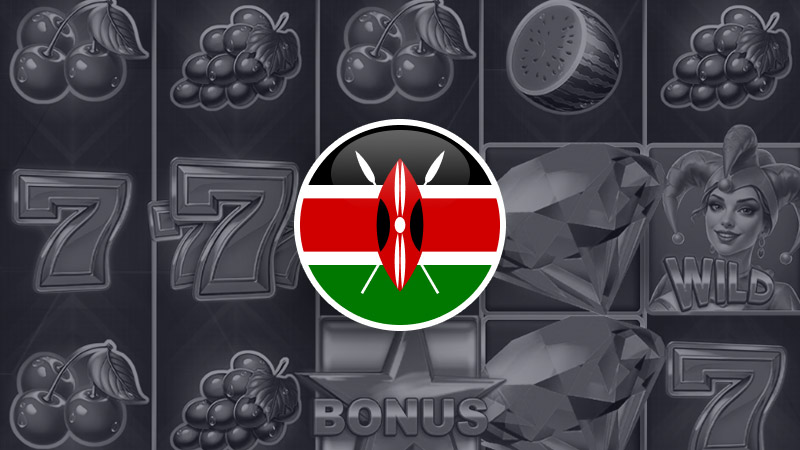
The entertainment market in this country is considered legal and promising.
Key aspects that entrepreneurs should take into account:
- All forms of gaming are permitted in the jurisdiction. These include traditional formats (casinos, bookmakers, raffles) and prize competitions, which are part of the local culture. Bets can be placed on digital portals or in land-based establishments.
- To obtain a licence, it is necessary to register a legal entity, pass a technical audit, and provide a financial guarantee. Data storage servers must be located in Kenya, and all payments are processed through the national banking system.
The Casino Market studio helps with the launch and certification of iGaming startups in popular jurisdictions. We offer turnkey projects, White Label platforms, lottery solutions, and bookmaking software.
Have questions or want to order services?
Contact our consultants:
- e-mail: manager@casino-market.com
- feedback form.
Check the information used to contact us carefully. It is necessary for your safety.
Fraudsters can use contacts that look like ours to scam customers. Therefore, we ask you to enter only the addresses that are indicated on our official website.
Be careful! Our team is not responsible for the activities of persons using similar contact details.




